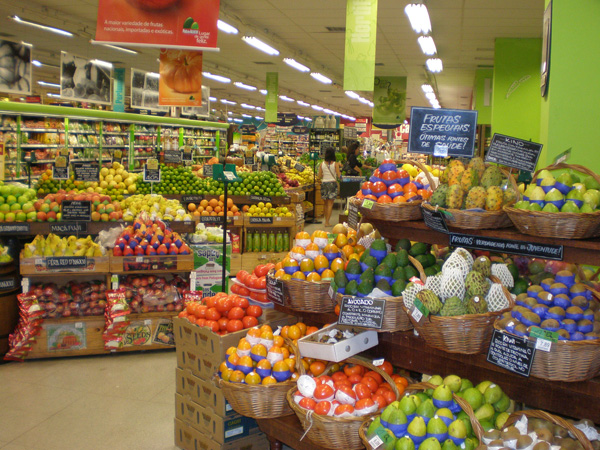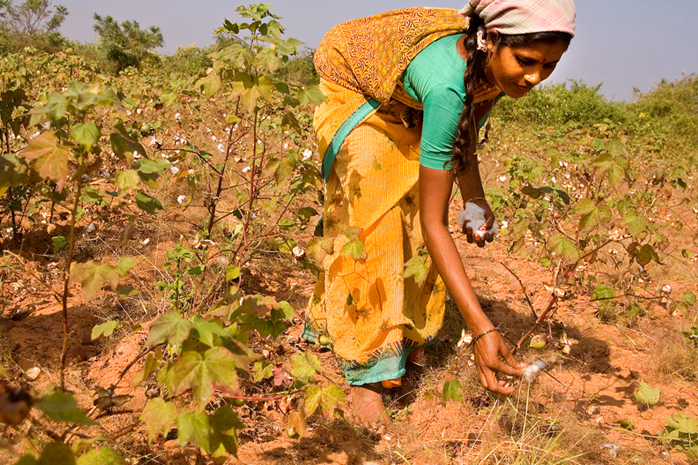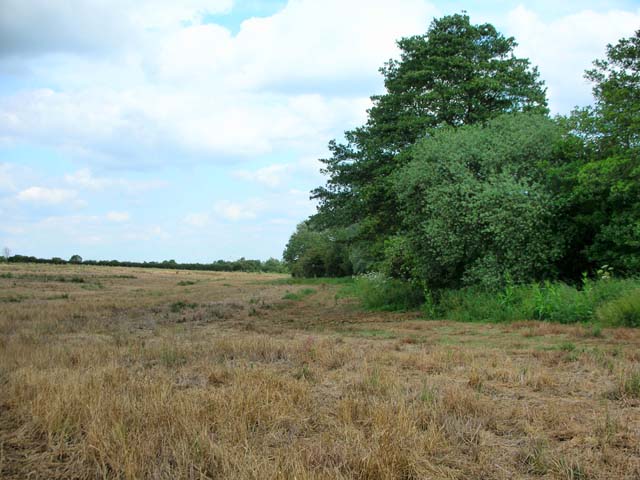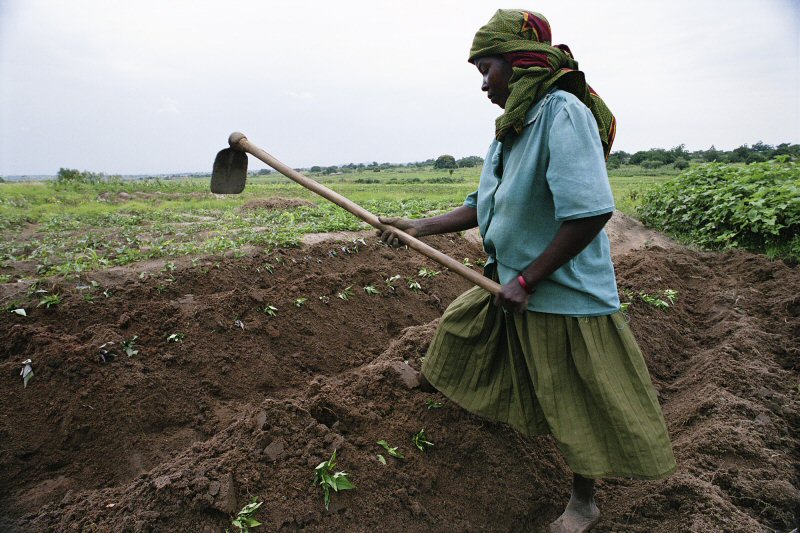The consequences of recent economic trends and the economic crisis for food consumption are graphically highlighted in a recent OECD report Society at a Glance 2014. The report discusses how many families have cut back on essential spending, including on food, compromising their current and future well-being. Reduced spending on food is one of the main causes of food insecurity, a term that describes a situation where inadequate access to food does not allow all members of a household to sustain a healthy lifestyle. According to the OECD:
… Read the restIn the United States, where the incidence of food insecurity is monitored on a regular basis, rates of food insecurity have soared since 2007.






